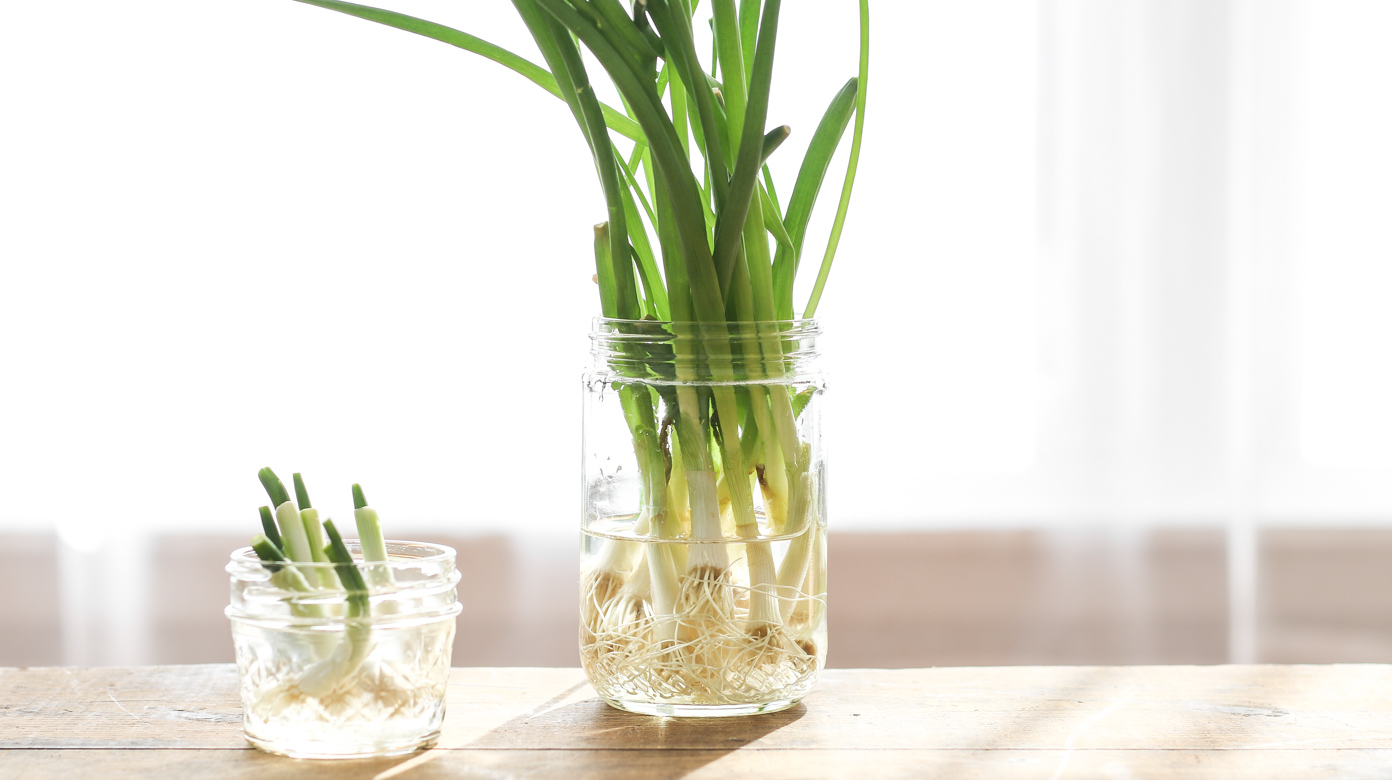

Articles
How To Store Scallions In Fridge
Modified: December 7, 2023
Learn the best way to store scallions in the fridge and keep them fresh for longer. Read our informative articles on scallion storage tips and tricks.
(Many of the links in this article redirect to a specific reviewed product. Your purchase of these products through affiliate links helps to generate commission for Storables.com, at no extra cost. Learn more)
Introduction
Scallions, also known as green onions or spring onions, are a versatile and flavorful ingredient that can add a burst of freshness to any dish. Whether you’re using them as a garnish, sautéing them for stir-fries, or incorporating them into salads and soups, it’s important to know how to store scallions properly to keep them fresh and extend their shelf life.
Proper storage of scallions is particularly crucial because they have delicate and tender greens that can wilt easily. If not stored correctly, scallions can lose their vibrant color, crisp texture, and overall quality. Storing scallions in the fridge is the best way to maintain their freshness and enhance their longevity.
In this article, we will explore different methods on how to store scallions in the fridge, ensuring that you can enjoy their rich flavor and crispness whenever you need them for your culinary creations.
Key Takeaways:
- Keep scallions fresh in the fridge by storing them with water, a damp paper towel, or in a plastic bag. Choose the method that suits your preference and enjoy their vibrant flavor for up to a week.
- Remember to trim, clean, and separate the green tops from the white bulbs before storing scallions. Utilize these storage techniques to extend their shelf life, reduce food waste, and enhance your culinary creations.
Read more: How To Store Scallions
Why should you store scallions in the fridge?
Storing scallions in the fridge is essential to maintain their freshness and quality for a more extended period. Here are a few reasons why you should store scallions in the fridge:
- Prolongs freshness: Scallions have a high water content, which makes them prone to wilting and losing their crispness quickly. Storing them in the fridge helps to slow down the oxidation process and prevents them from becoming limp and mushy.
- Preserves flavor: Scallions have a delicate and distinct flavor that can quickly diminish if not stored properly. Refrigeration helps to maintain their natural flavor and aroma, ensuring that they retain their vibrant taste when used in dishes.
- Prevents spoilage: Like other fresh produce, scallions are susceptible to spoilage and rotting when exposed to warm temperatures. Storing them in the fridge provides a cool environment that slows down the growth of bacteria and extends their shelf life.
- Convenience and accessibility: Storing scallions in the fridge ensures that they are readily available whenever you need them. This eliminates the need for frequent trips to the grocery store and allows for easy incorporation into your cooking.
By storing scallions in the fridge, you can enjoy their vibrant flavor, crisp texture, and nutritional benefits for a more extended period, helping to reduce food waste and create delicious meals with ease.
Tips for storing scallions in the fridge
Storing scallions in the fridge is a simple and effective way to keep them fresh and extend their shelf life. Here are some key tips to ensure optimal storage:
- Choose fresh scallions: Start with fresh scallions when purchasing them. Look for ones with vibrant green tops and firm white bulbs. Avoid scallions that appear wilted or have slimy or discolored parts.
- Remove any rubber bands or ties: Before storing, remove any rubber bands or ties from the scallions. This allows for better air circulation, preventing moisture buildup that can lead to spoilage.
- Separate the green tops from the white bulbs: Cut and separate the green tops from the white bulbs of the scallions. This is because the green tops wilt more quickly than the bulbs. Storing them separately will help maintain their freshness and prevent the entire scallion from spoiling.
- Wash and dry the scallions: Rinse the scallions thoroughly under cool water to remove any dirt or debris. Pat them dry with a paper towel or a clean kitchen towel before storing. Excess moisture can lead to rotting and spoilage.
- Select an appropriate storage container: Choose a suitable storage container for your scallions. Glass jars or containers with a tight-fitting lid work well, as they help to retain moisture and prevent the scallions from drying out.
- Label the container: To avoid confusion, label the container with the date of storage. This way, you can easily track how long the scallions have been stored and ensure they are used within a reasonable timeframe.
- Store in the refrigerator’s crisper drawer: Place the container of scallions in the refrigerator’s crisper drawer, which provides a slightly higher humidity level compared to the main compartment. This helps to maintain the freshness of the scallions.
By following these tips, you can ensure that your scallions remain fresh, crisp, and flavorful for an extended period, allowing you to incorporate them into your meals whenever you desire.
Method 1: Storing scallions with water
One effective method for storing scallions in the fridge is by placing them in water. This method helps to keep the scallions hydrated, preserving their freshness and crispness. Here’s how to do it:
- Trim the scallions: Start by trimming any wilted or discolored parts of the scallions. Remove the rubber bands or ties if they are still attached.
- Prepare a container with water: Fill a glass jar or container with enough water to submerge the white bulbs of the scallions. The water level should be just below the green tops.
- Place the scallions in the container: Place the trimmed scallions upright in the container, submerging the white bulbs in the water. The green tops should stand upright above the water.
- Cover and refrigerate: Cover the container with a plastic wrap or lid to prevent moisture loss and place it in the refrigerator. The scallions can be stored this way for up to a week. Remember to change the water every few days to keep it fresh.
Storing scallions with water helps to maintain their crispness and keep them hydrated. This method is particularly useful if you have scallions with slightly wilted greens, as it can revive them and restore their freshness.
Please note that while storing scallions with water is effective, it’s important to use this method only for short-term storage. Extended storage in water may cause the scallions to become waterlogged and negatively affect their texture and flavor.
Using the water method is a convenient way to store scallions and ensure they stay fresh and crisp until you’re ready to use them in your recipes.
To store scallions in the fridge, trim the roots and place them in a glass of water, covering the roots. Cover the top with a plastic bag and change the water every few days to keep them fresh for up to a week.
Method 2: Storing scallions in a damp paper towel
Another effective method for storing scallions in the fridge is by using a damp paper towel. This method helps to maintain the moisture levels around the scallions, preventing them from drying out and losing their crispness. Here’s how to do it:
- Prepare a damp paper towel: Moisten a paper towel with water until it is damp but not soaking wet.
- Trim the scallions: Trim any wilted or discolored parts of the scallions, and remove any rubber bands or ties if present.
- Wrap the scallions in the damp paper towel: Wrap the scallions loosely in the damp paper towel. Ensure that the entire length of the scallions is covered by the towel.
- Place in a plastic bag: Place the wrapped scallions in a partially sealed plastic bag. The bag will help retain moisture and create a humid environment around the scallions.
- Store in the refrigerator: Place the bag of scallions in the refrigerator’s crisper drawer or main compartment. They can be stored this way for up to a week.
Storing scallions in a damp paper towel helps to retain their moisture and prevent them from wilting or drying out. The dampness of the towel creates a microenvironment that mimics the conditions of a spring onion field, keeping the scallions fresh and crisp.
Remember to check the paper towel periodically and replace it if it becomes completely dry. This ensures that the scallions continue to receive the necessary moisture for optimal storage.
Using the damp paper towel method is a simple and effective way to store scallions in the fridge, maintaining their freshness and crisp texture for an extended period.
Read more: How To Store Scallions In The Refrigerator
Method 3: Storing scallions in a plastic bag
Storing scallions in a plastic bag is a straightforward method that helps to maintain their freshness and prevent wilting. This method creates a controlled environment that retains moisture and prevents the scallions from drying out. Here’s how to do it:
- Trim the scallions: Start by trimming any wilted or discolored parts of the scallions. Remove any rubber bands or ties if they are still attached.
- Place the scallions in a plastic bag: Put the scallions inside a plastic bag, ensuring they are loosely packed and not squeezed together. Avoid overcrowding the bag, as this can cause the scallions to wilt more quickly.
- Remove excess air: Gently squeeze the bag to remove as much excess air as possible before sealing. This helps to create a compact and airtight environment around the scallions.
- Store in the refrigerator: Place the sealed plastic bag of scallions in the refrigerator’s crisper drawer or main compartment. They can be stored this way for up to a week.
Storing scallions in a plastic bag helps to maintain their moisture and prevents them from losing their crispness. The sealed bag creates a microenvironment that minimizes moisture loss and helps to retain the scallions’ freshness for a longer period.
It’s important to note that while this method works well for short-term storage, it’s best to use the scallions within a week to ensure optimal flavor and quality. If the scallions start to show signs of wilting or deterioration, it’s time to use them before they spoil.
Using a simple plastic bag is an easy and convenient way to store scallions in the fridge, keeping them fresh and crisp until you’re ready to add them to your favorite dishes.
Other considerations for storing scallions in the fridge
While the methods mentioned above are effective for storing scallions in the fridge, there are a few additional considerations to keep in mind to ensure optimal storage and freshness:
- Use within a reasonable timeframe: Even with proper storage, scallions will gradually lose their freshness over time. It’s best to use them within one to two weeks to enjoy the best flavor and texture. Discard any scallions that become slimy or develop an unpleasant odor.
- Avoid storing with ethylene-producing fruits: Scallions are sensitive to ethylene gas, a natural hormone produced by certain fruits like apples and bananas that can accelerate the ripening and spoilage of other produce. Keep scallions separate from ethylene-producing fruits to maintain their freshness.
- Don’t wash scallions until you’re ready to use them: Moisture can promote the growth of bacteria and accelerate spoilage. Avoid washing scallions until you’re ready to incorporate them into your recipes.
- Consider freezing for longer storage: If you have an abundance of scallions, consider freezing them for longer-term storage. Chop the scallions into small pieces and store them in airtight containers or freezer bags. Frozen scallions can be used directly in cooked dishes, but they may lose their crispness and are not suitable for raw applications.
- Label and organize your storage: If you store scallions using different methods or in multiple containers, it’s helpful to label and organize them accordingly. This way, you can easily identify the storage method and the freshness of each batch.
By considering these factors, you can ensure that your scallions stay fresh and flavorful for as long as possible, minimizing waste and maximizing their culinary potential.
Remember, the freshness and quality of scallions greatly depend on their initial condition at the time of purchase. Always choose scallions that are firm, vibrant, and free from any signs of deterioration to ensure the best storage results.
Conclusion
Knowing how to store scallions correctly is essential for preserving their freshness, flavor, and crispness. By following the methods and tips outlined in this article, you can ensure that your scallions stay in optimal condition for a more extended period.
Storing scallions in the fridge with water, a damp paper towel, or a plastic bag are all effective methods to maintain their moisture and prevent wilting. Each method provides a different level of humidity and moisture control, allowing you to choose the one that suits your preferences and needs.
Remember to trim and clean the scallions before storing, and consider separating the green tops from the white bulbs to preserve their quality. It’s also important to use scallions within a reasonable timeframe, avoiding prolonged storage that could result in flavor and texture changes.
Additionally, take into account other considerations such as avoiding storing scallions with ethylene-producing fruits, not washing them until ready to use, and considering freezing for longer storage if needed.
By utilizing these storage techniques and considerations, you can extend the shelf life of your scallions and reduce food waste, allowing you to enjoy their vibrant flavor and enhance your culinary creations.
So the next time you bring home a bunch of fresh scallions, remember these tips and methods to keep them crisp, flavorful, and ready to add a delightful touch to your favorite dishes.
Frequently Asked Questions about How To Store Scallions In Fridge
Was this page helpful?
At Storables.com, we guarantee accurate and reliable information. Our content, validated by Expert Board Contributors, is crafted following stringent Editorial Policies. We're committed to providing you with well-researched, expert-backed insights for all your informational needs.
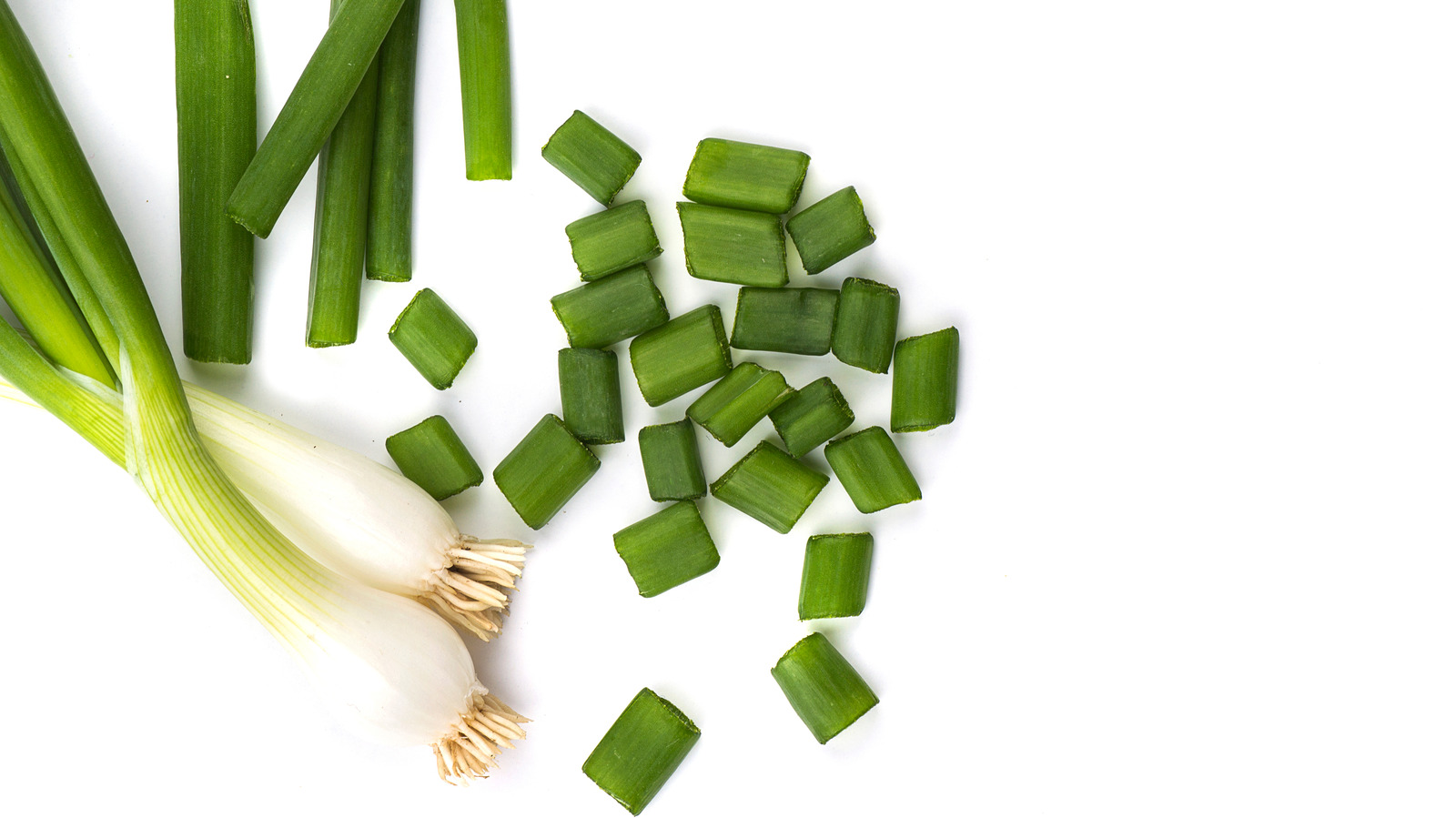

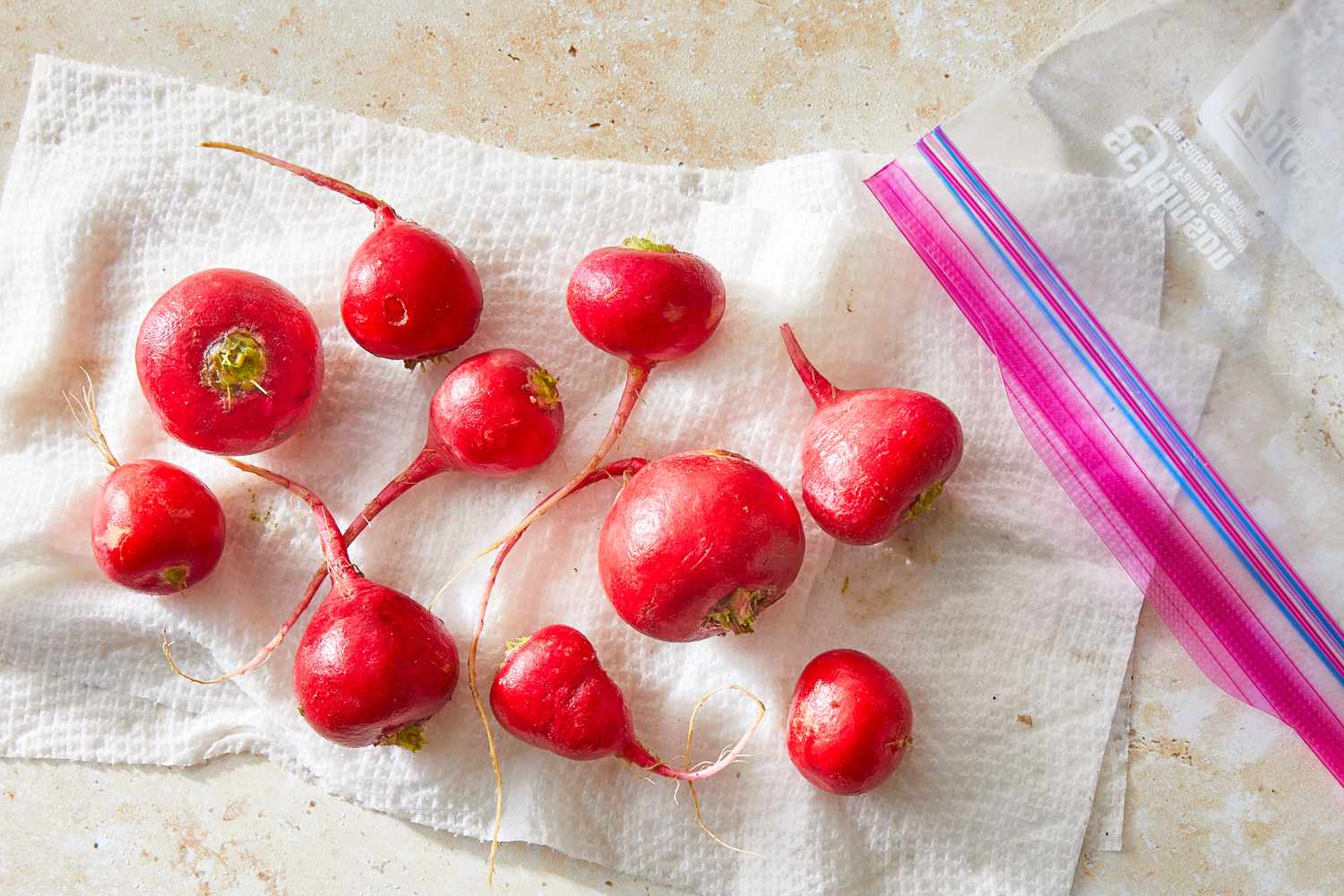
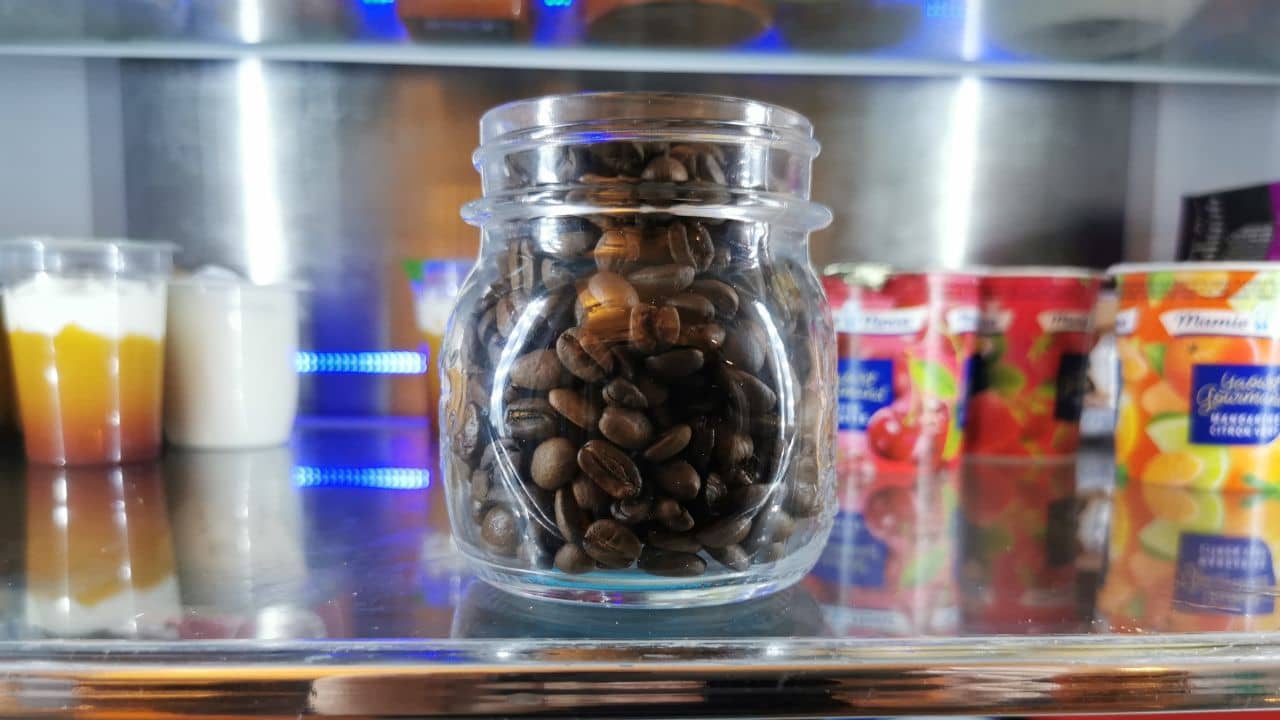
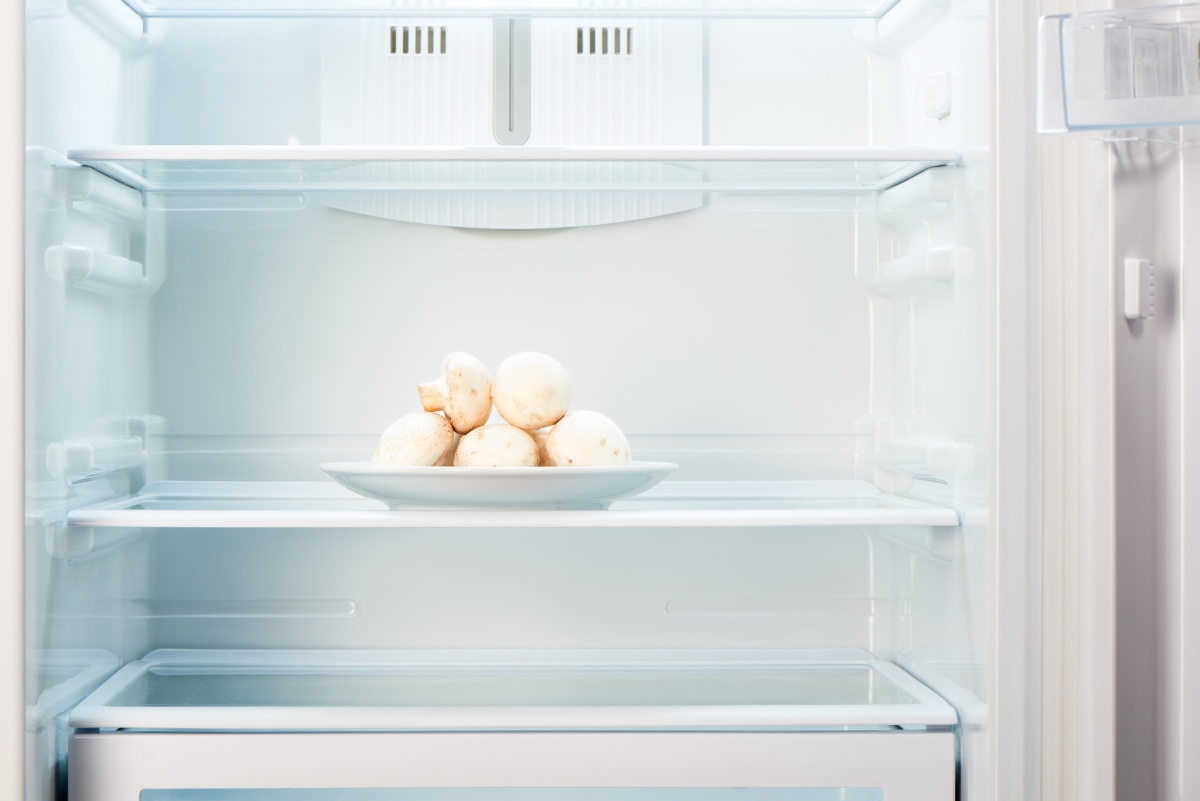
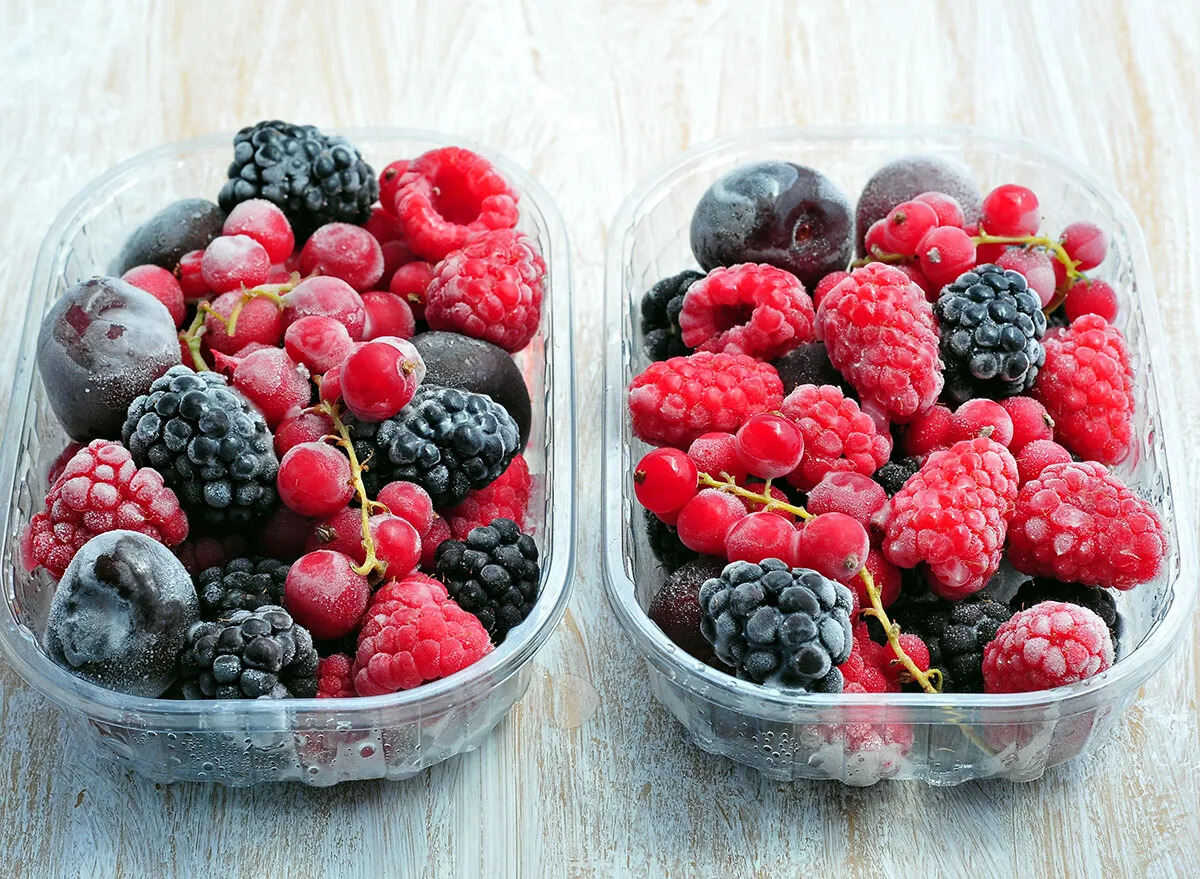
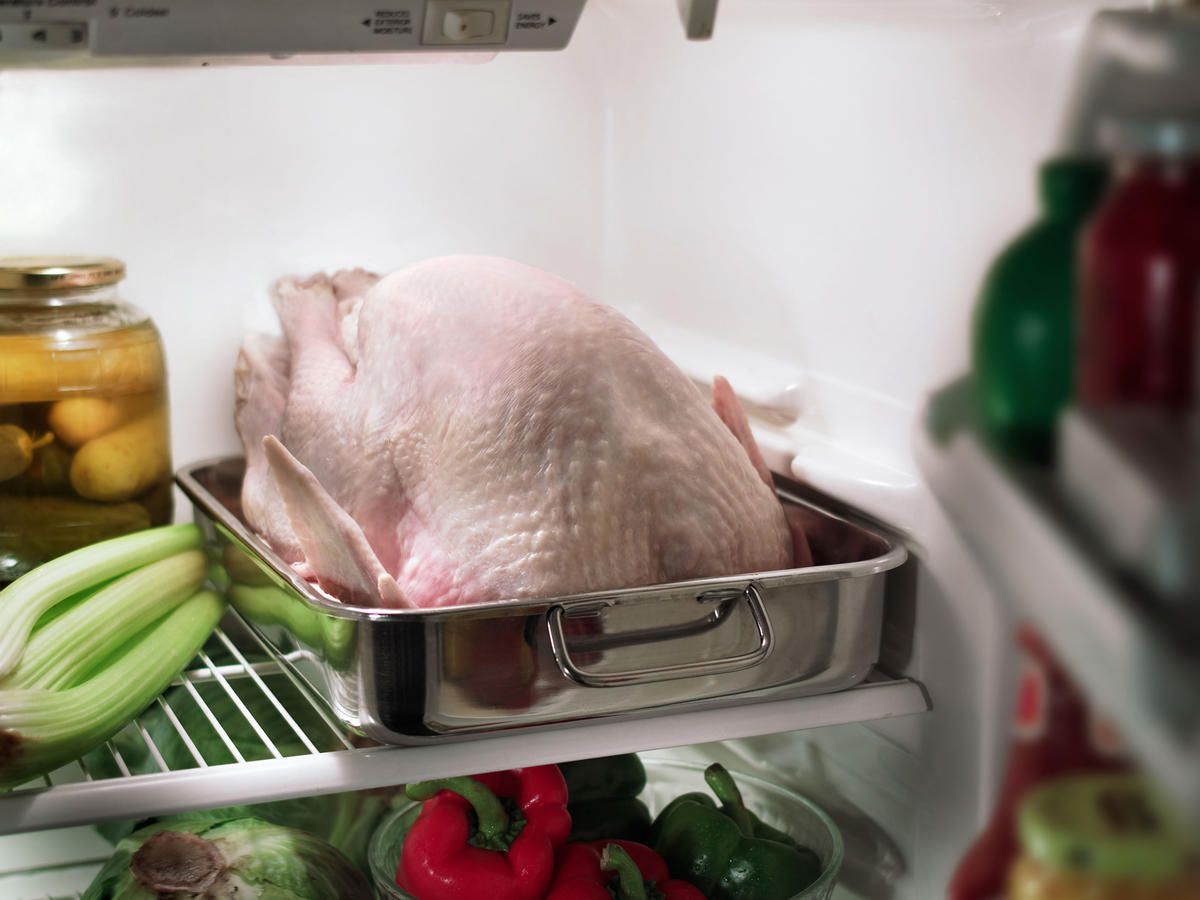
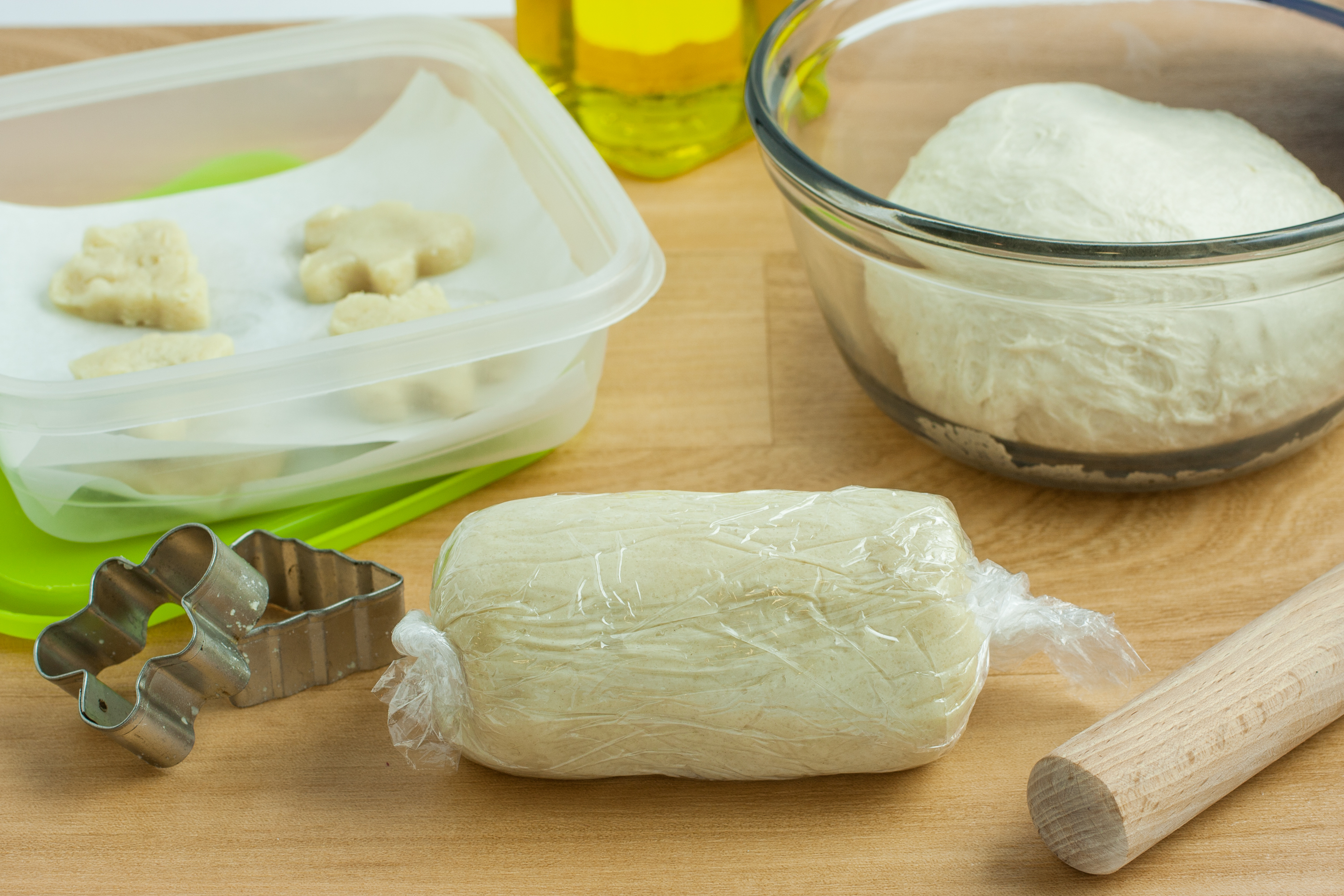
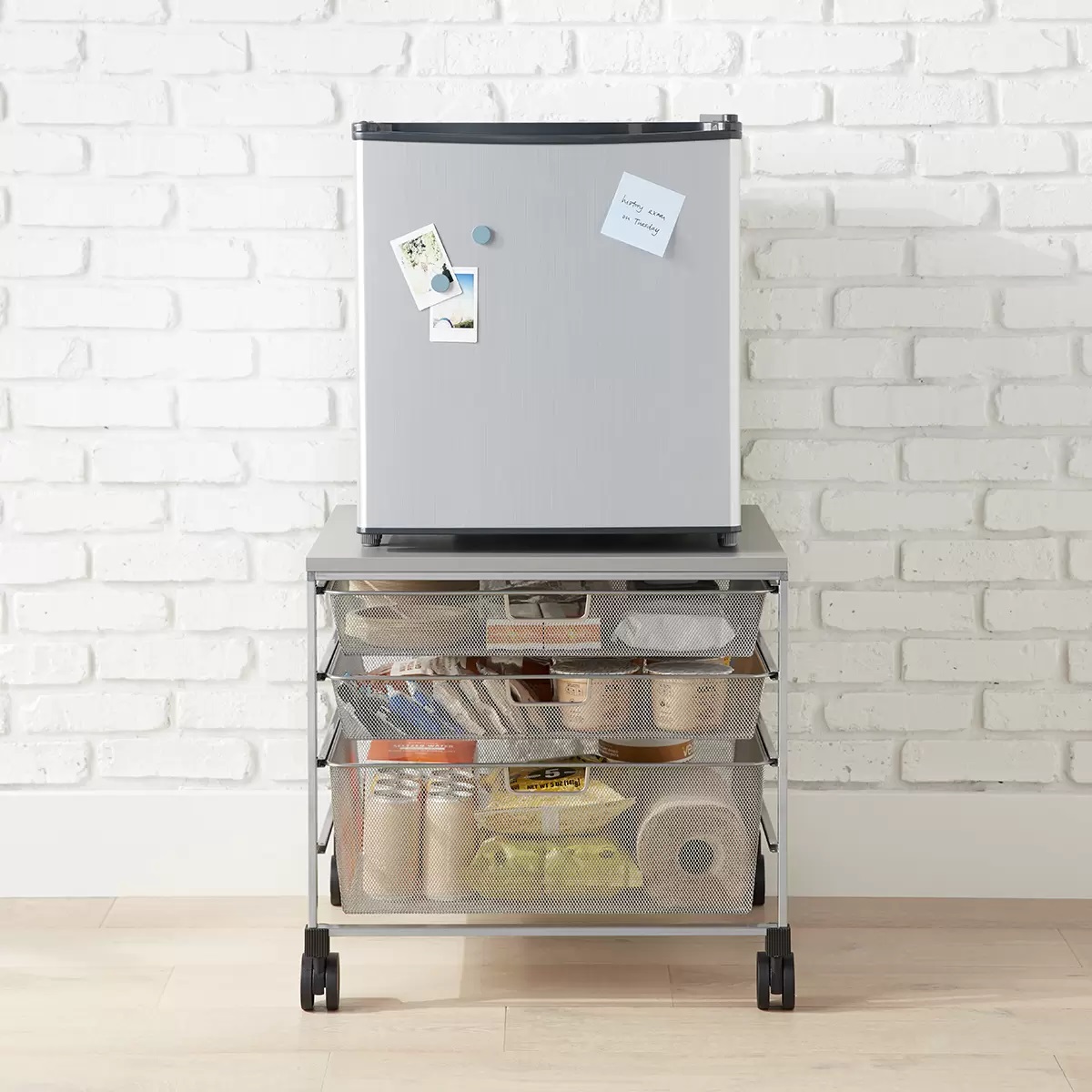
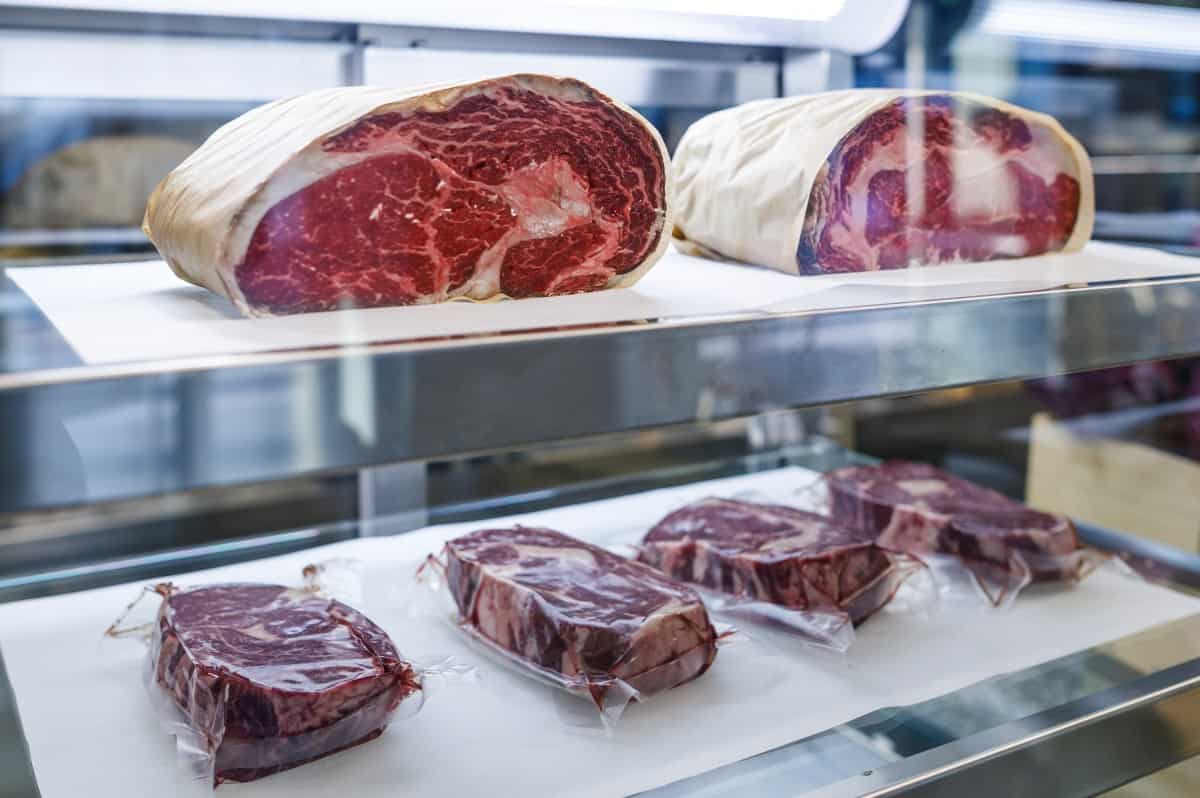

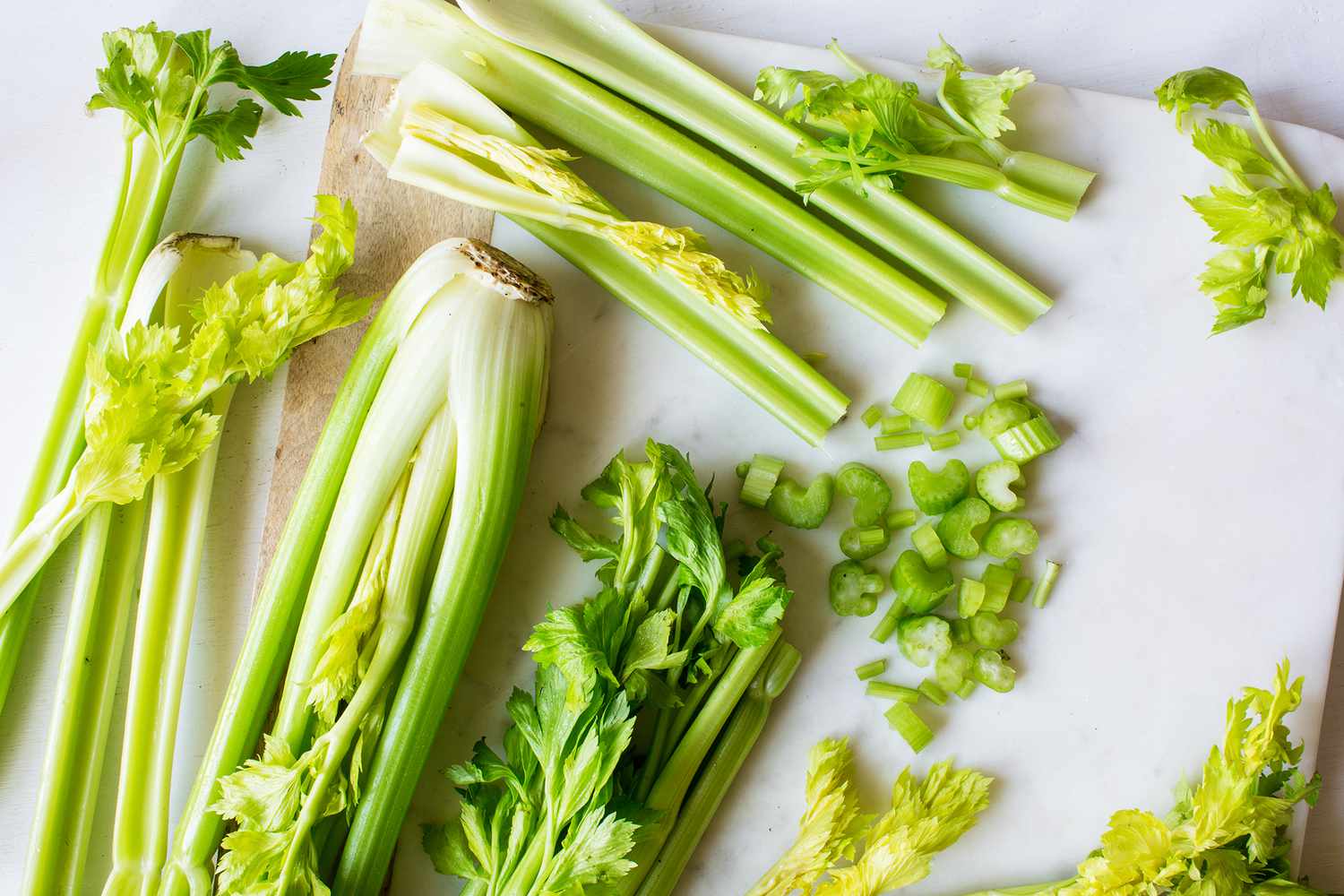

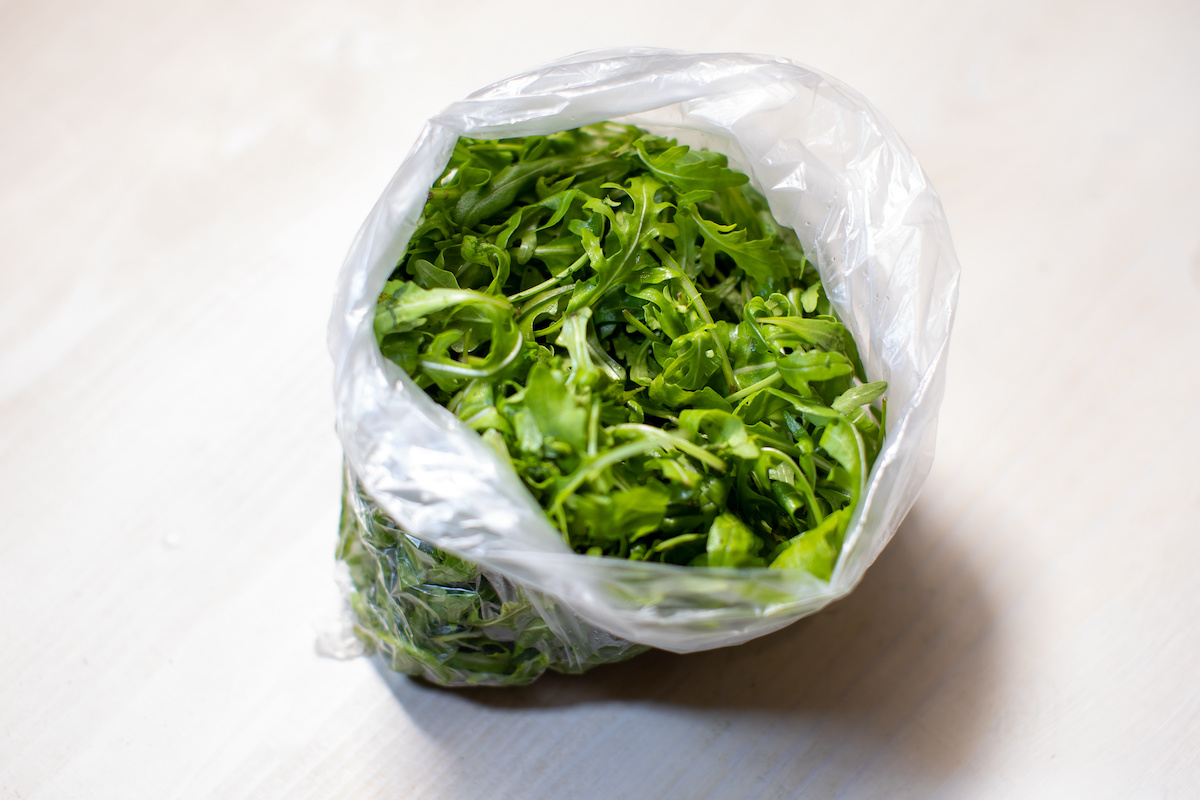

0 thoughts on “How To Store Scallions In Fridge”